
‘Lençóis Maranhenses’ can become a Natural Heritage of Humanity
Unesco confirmed in a letter addressed to the Government of Maranhão, that the appointment of the Lençóis Maranhenses National Park meets all the technical requirements

Unesco confirmed in a letter addressed to the Government of Maranhão, that the appointment of the Lençóis Maranhenses National Park meets all the technical requirements

Technology emerges as the main driving force for adaptability to climate models for agriculture and the insertion of sustainable production formats in the sector

Green Deal generates insecurities for the Brazilian market, which sees dialogue as a solution to the unilateralism created by Europe
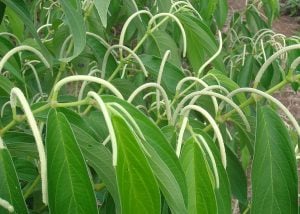
An unprecedented survey estimates that the implementation of the bioeconomy in Brazil could generate an annual industrial revenue of US$ 284 billion by 2050

The startup iNeeds provides a sensor to identify and prevent forest fires. The equipment evaluates several indicators, such as temperature, humidity, and air pressure, among others, and, thus, can avoid great social, economic, and environmental damages. Pedro Curcio, the founder at iNeeds, points out that because fires happen frequently, whether natural, such as lightning strikes, […]
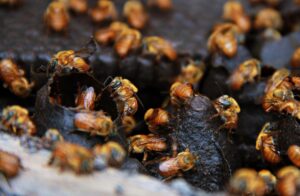
The Embrapa Genetic Resources and Biotechnology is developing researches to prevent Uruçu Amarela bee extinction

That is one of the conclusions of the survey “Perceptions on Agribusiness. What the Brazilian Thinks”, released this week
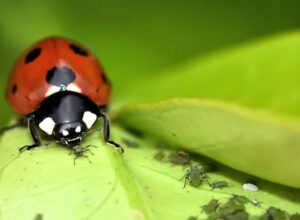
The University of São Paulo and CropLife announced a course on biological control techniques for any agricultural professionals
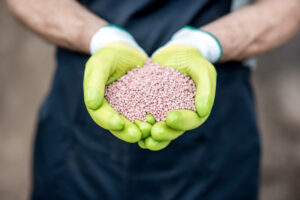
Held at the UNEA headquarters in Geneva (Switzerland), the series of debates had members from 12 countries
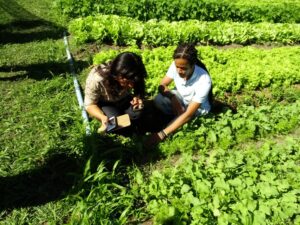
Brazilian Ministry of Agriculture, Livestock and Supply (Mapa) has registered 69 biological pesticides just in 2022. The number was reached today (the 30th) with 25 new inputs, nine of which are indicated for organic agriculture. Biological products are important for their toxicological aspects due to low environmental impact and also because they benefit crops whose […]